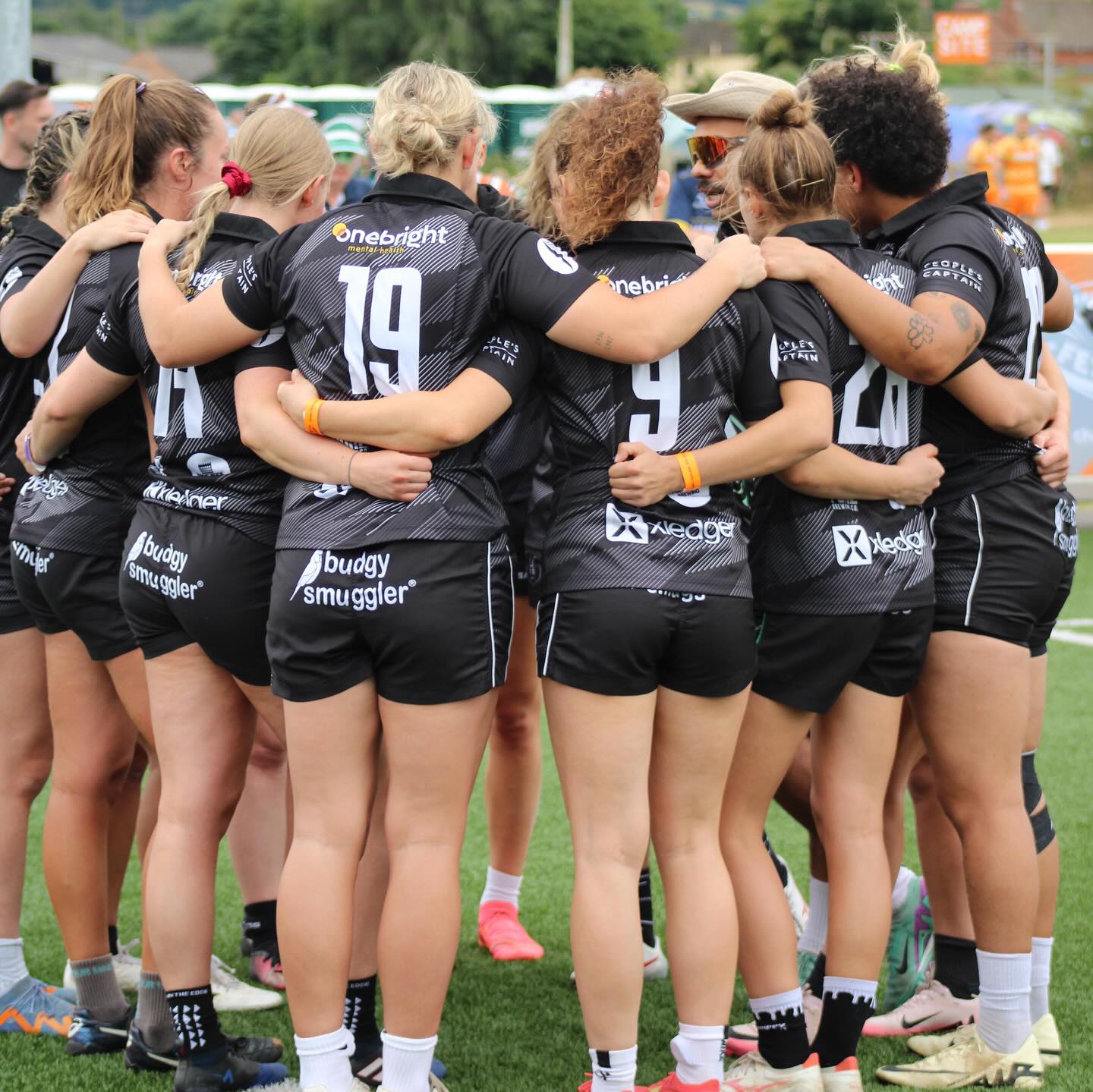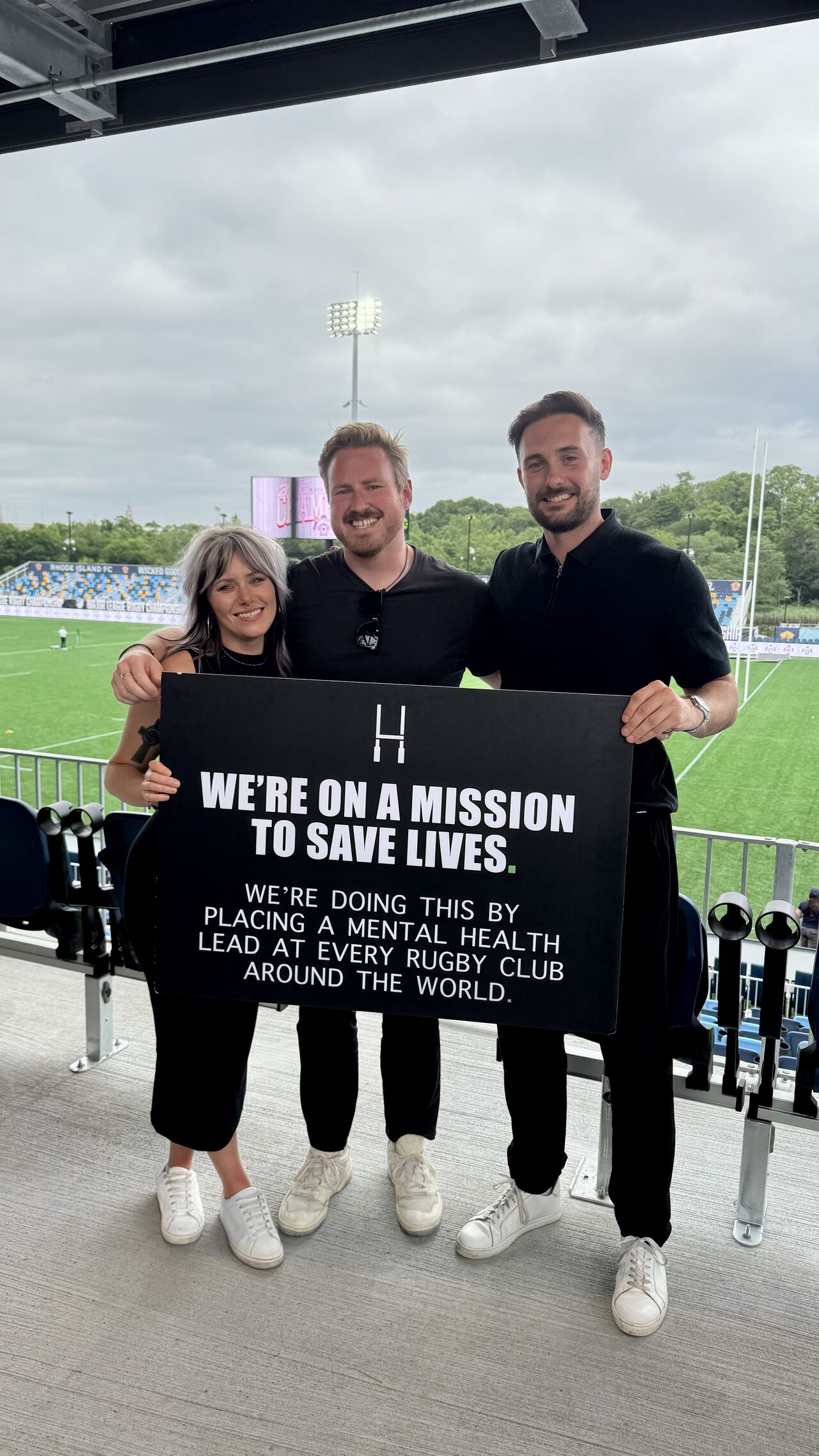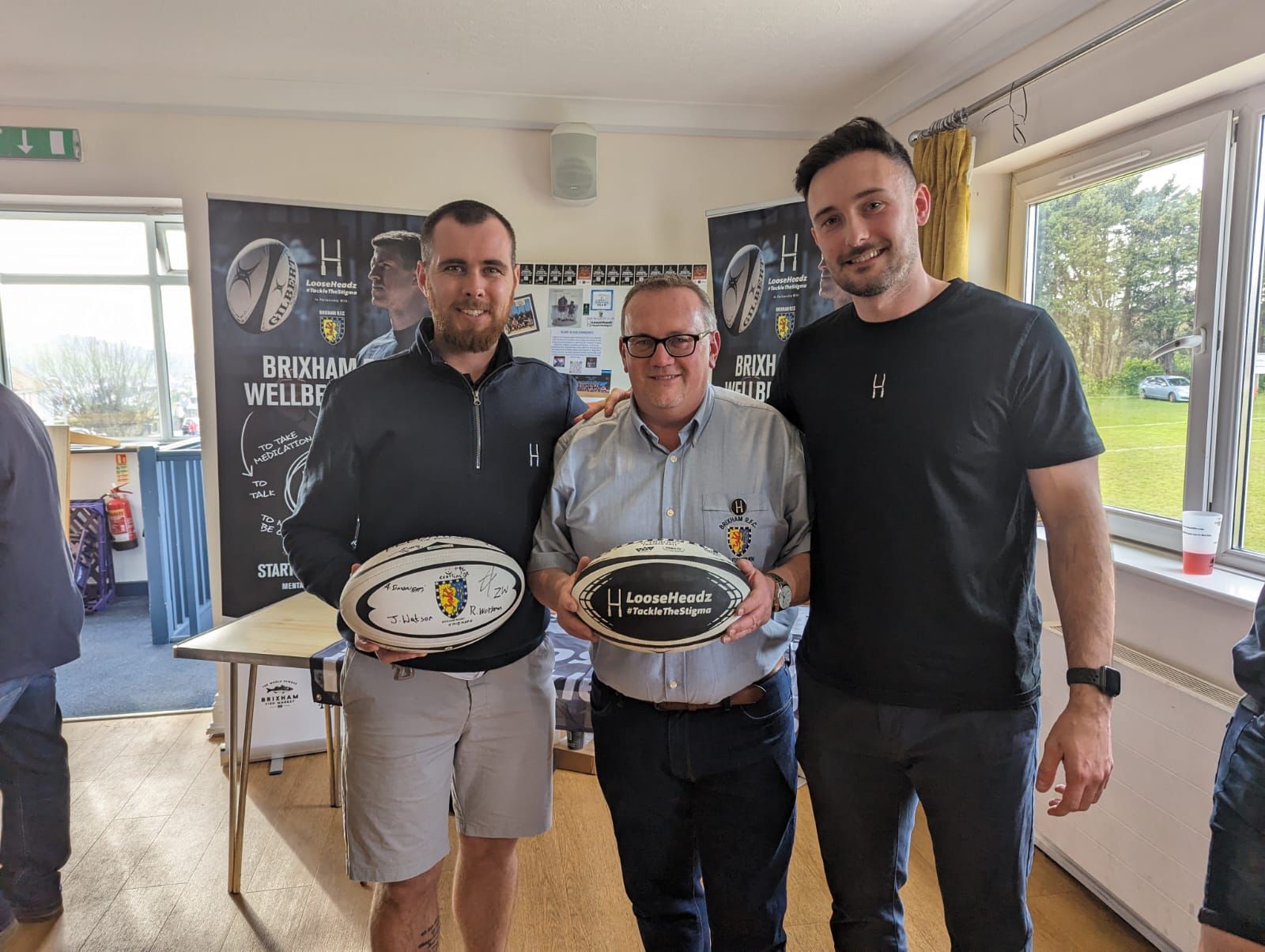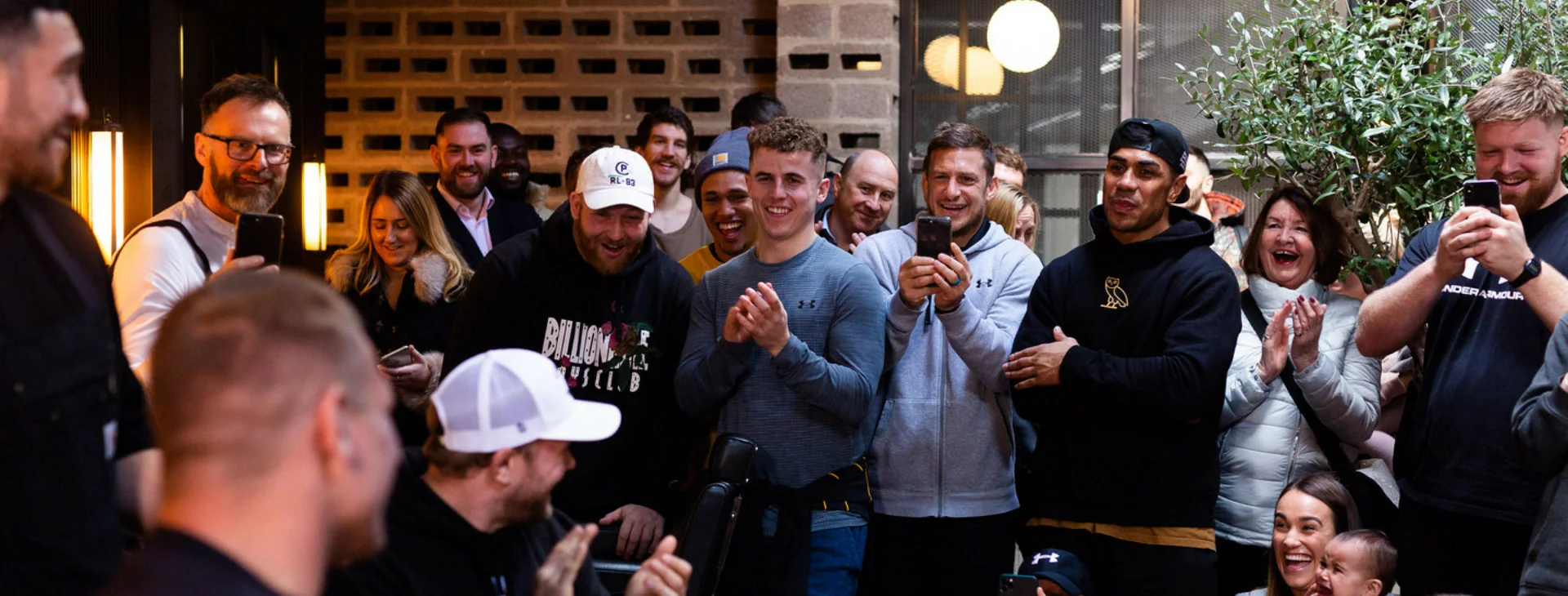THE PARTNERSHIP PROGRAMME
At LooseHeadz, we’re working to place a mental health champion (a LooseHead) at every rugby club around the world.
The Partnership Programme is designed to support these LooseHeads by providing a toolkit full of resources aimed at tackling the stigma, & promoting mental fitness throughout your rugby club. The toolkit includes resources such as mental health training, signposting content & much, much more.
The LooseHeadz Partnership Programme is available free of charge to all rugby clubs, & provides a toolkit of free resources aimed at tackling the stigma by helping to promote mental fitness throughout your rugby club.
You can become one of our partner clubs and download the toolkit by signing up through the link below.







